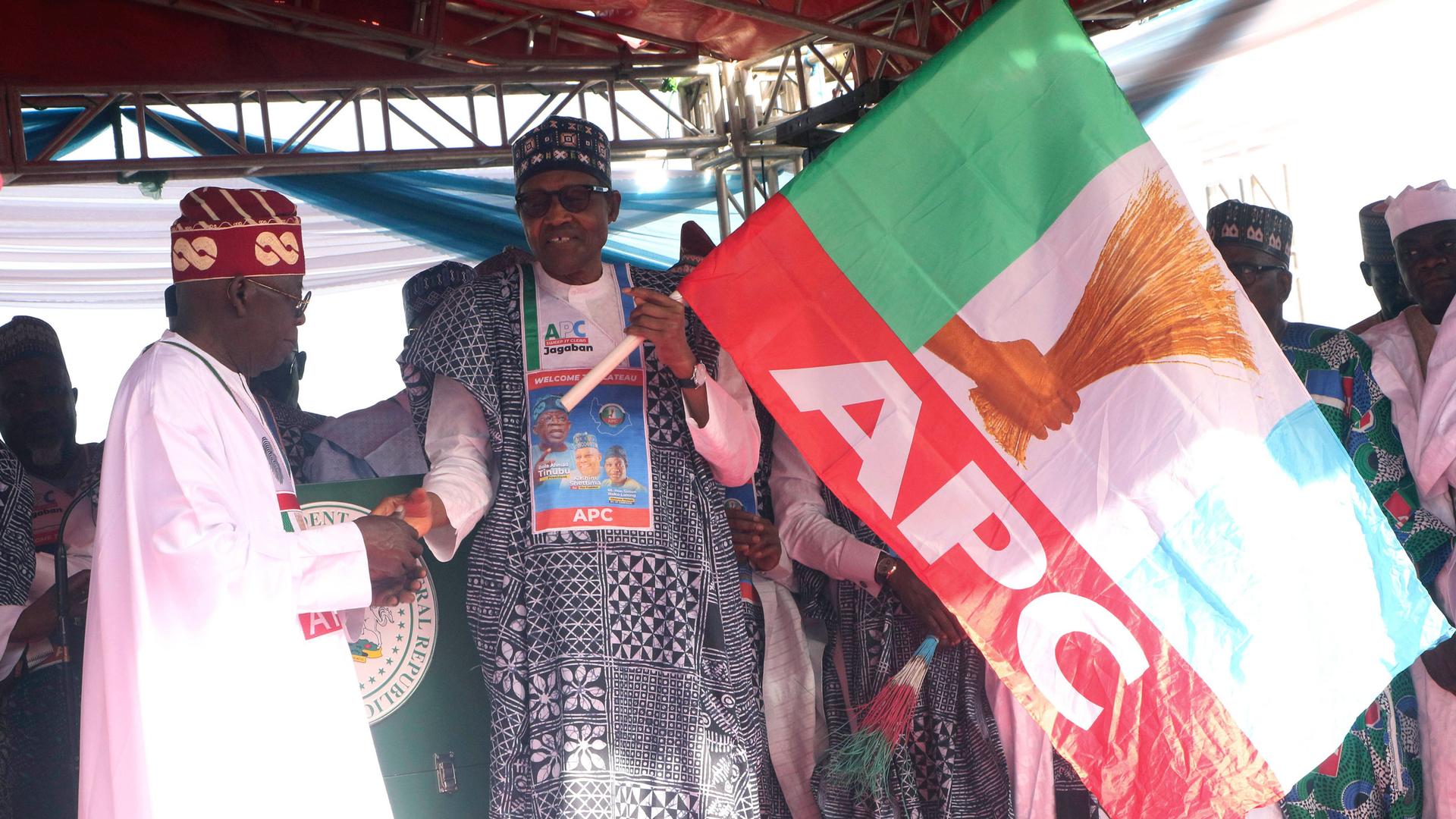Mutah Wadai could have lived anywhere. The 47-year-old math lecturer has studied hard, earned a degree abroad, and received a job offer in Asia.
But he decided to return home to northern Nigeria, he said, to contribute to his country.
These days, however, Wadai regrets that decision.
“The insecurity is on the rise every day, because the government is not doing well on how to curb the insecurity,” he explained.
“Most especially in the areas of banditry. The [kidnappings]. And other social vices taking place in the northern part of Nigeria,” he said.
Wadai told The World he has experienced this firsthand.
Last year, he was abducted from his home in the middle of the night. “They came, there were about eight in numbers. All well-armed. With guns. AK-47s.”
He said the kidnappers brought him to a camp where he was held for days until he was able to pay a huge ransom.
This type of insecurity, Wadai said, has become normal under the presidency of Muhammadu Buhari, who will be concluding his second and last term this year.
“There’s a lot of disappointment with his handling of the security situation,” explained Nnamdi Obasi, senior adviser on Nigeria for the International Crisis Group.
“Especially as this was one of the foremost promises in 2015, when he was running for the presidency. People just think he has failed.”
As millions of Nigerians ready to vote for a new president, Obasi said the country is facing a far worse, and far more complex, security landscape compared to the last election.
In 2015, the main problem for Nigeria was terrorism in the northeast.
Now, there’s rising violent banditry in the northwest, a growing secessionist movement in the southeast, and emboldening armed criminal gangs in the southwest.
“There are areas that are inaccessible on accounts of the security risks. There’s an estimate that says probably about 40 out of the 774 local government areas in the country have been inaccessible and the elections are not going to hold in those places,” Obasi said.
A number of attacks on electoral offices and on election officials has also brought questions about whether the election on Feb. 25 would even take place.
“Yes there is insecurity, but the insecurity is perennial,” said the head of Nigeria’s electoral commission Mahmood Yakubu in a recent interview with the BBC. “But we are committed to conducting the elections as scheduled.”
While presidential candidates have acknowledged Nigeria’s insecurity, Obasi said they haven’t offered many concrete solutions on addressing the problem.
But there’s a lot at stake in this election, he said. “For us the election is very important from a regional point of view. Nigeria has been able to stay away from military rule for the past 24 years, and has been a strong voice in discouraging military coups and other unconstitutional changes of government in Africa.”
In recent years, West Africa has experienced a number of military coups, which has brought serious concerns about the future of democracy in the region.
But in the view of Mutah Wadai, the kidnapping survivor, security was better in Nigeria during the days of military rule.
“We had good leaders. They had proper discipline,” he said.
While Wadai isn’t confident in any of the presidential candidates ability to seriously address the country’s insecurity, he said he will vote in the upcoming election nonetheless.
Afterward, however, he said it is time for him to leave Nigeria for good.
